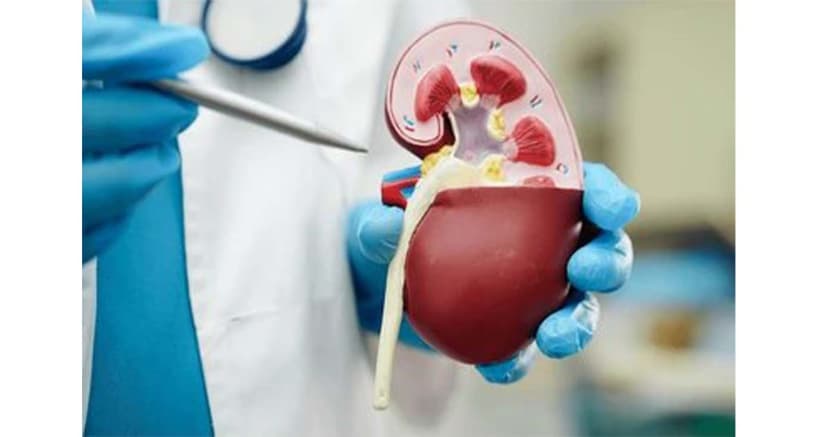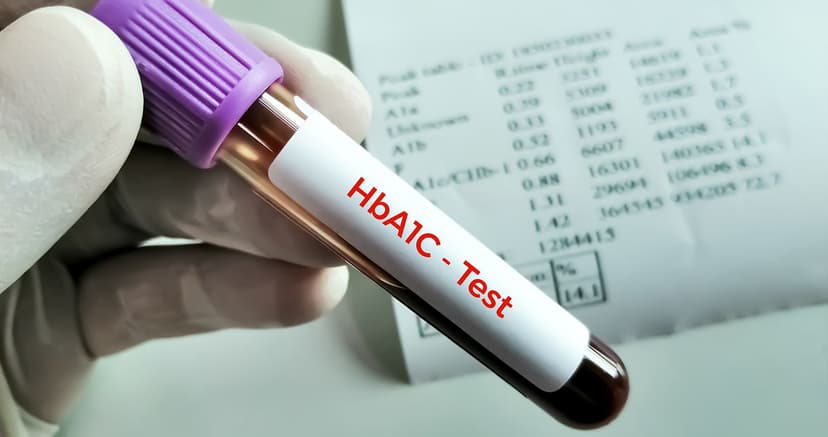Navigating Knee Health: Your Comprehensive Guide to Joint Replacement
By:

Dr. Ashish Rana
29-11-2023 5 Min Read

Knee pain is a prevalent concern impacting individuals across various age groups. It can stem from injuries like ligament ruptures or cartilage tears. Additionally, medical conditions like arthritis, gout, and infections can contribute to knee pain.
As the largest joint in your body, the knee plays a significant role in absorbing and supporting a considerable portion of your weight during movement. Consequently, it is one of the joints most frequently susceptible to injuries. While knee pain may manifest as a temporary, brief concern, it can also evolve into a chronic, long-term issue requiring a healthcare professional's evaluation and treatment.
Knee pain is becoming a common issue due to changing lifestyles, and knee joint problems are prevalent in diseases caused by lifestyle changes. Although treatment with medications and physiotherapy is common for various grades of the disease, most patients consult a doctor in the final stages when knee replacement is the only solution. Today, surgical procedures like knee replacement have become straightforward with the latest technologies in medical facilities.
Knee replacement surgery involves replacing components within damaged or deteriorated knee joints. This surgical procedure aims to alleviate pain and enhance the overall functionality of the knee. Throughout the operation, compromised bone and cartilage segments are substituted with metal and plastic components.
Tips for knee replacement surgery
People considering or undergoing knee replacement surgery often have several questions in mind. The importance of having accurate information about the disease, its causes, and dietary care before surgery should be emphasized.
- Taking iron-rich food before treatment reduces the need for blood transfusion during surgery.
- It is essential to pay attention to hydration after surgery.
- Proper hydration, a better diet, and reduced intake of sweets and acidic foods accelerate recovery, and wounds heal faster.
- Before surgery, it is crucial to provide the doctor with accurate information about ongoing diseases and medications. The medication to thin the blood is stopped for a few days in patients with high blood pressure.
- Ensure that the pain is due to knee problems, not from the back.
- Consume an iron-rich diet to minimize the need for blood transfusion during the operation.
After surgery, take care of the following:
1. Maintain hydration with a liquid diet, coconut water, and porridge. This helps control blood pressure and facilitates faster recovery, quickly drying wounds.
2. Regularly perform exercises recommended by physiotherapists and doctors; engage in knee exercises.
3. Pay attention to the part of the operation during bathing, ensuring it remains dry.
4. Avoid falls, as falling can cause injuries and fractures, especially since that part is the most delicate at that time, and implant dislocation is possible.
Knee replacement surgery entails replacing components within the knees that are damaged or deteriorated. The primary objective of this surgical procedure is to alleviate pain and improve the overall functionality of the knee. During the operation, sections of compromised bone and cartilage are substituted with specially crafted components made from metal and plastic.
Book your appointment now to embark on your journey to restored mobility and reduced knee discomfort.
Related Articles
Connect with Us
Health in a Snap,
Just One App.
Know more




































































































